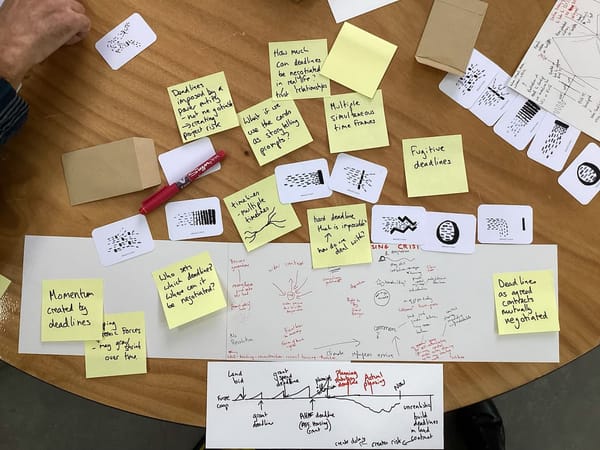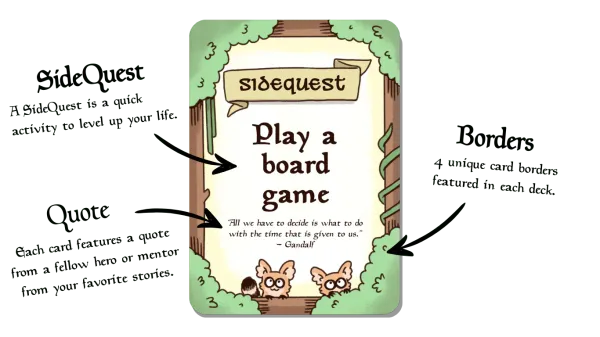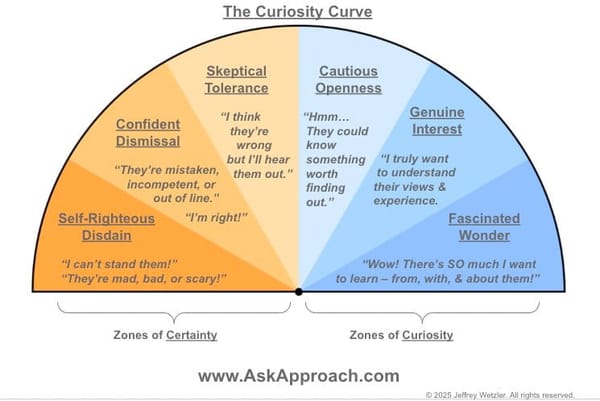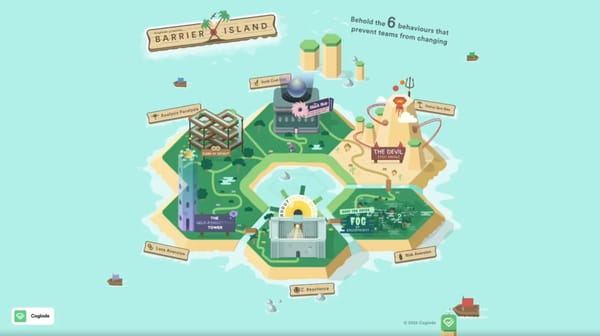№ 30 | Security Games, Defining Intelligence & Iteration, Rapoport’s Rules, and the Decider App
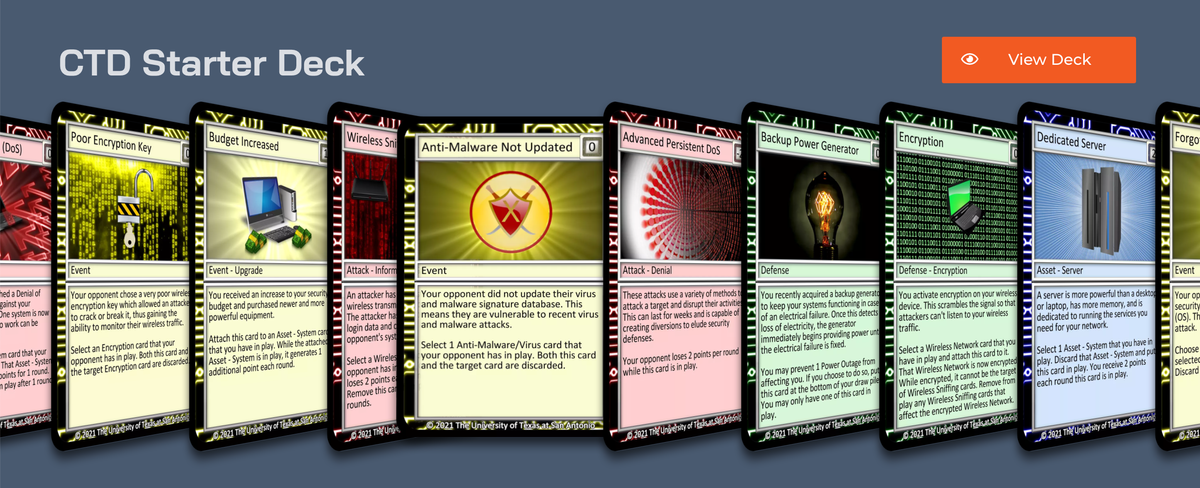
Security games
Where's the emoji for ✨gOLd✨mInE?✨! Here's a page maintained by Adam Shostack “a leading expert on threat modeling” that lists a bunch of security related card games. And… via this thread (which led me to the link above) are more such games, including Cyber Threat Defender and Data Breach.

Now, I just need a weekend to go through all these games!!
What is intelligence?
At this point, I’d prefer we stop casually referring to things as Artificial Intelligence, and instead embrace more accurate terms: LLM, SALAMI, PSE (👈 great post, BTW). Don’t label things that aren’t intelligent as intelligence. But then… along comes this post, asking us to reconsider what is intelligence. Ugh. I’m going to put this article in the love / hate category. Why? Because if we, as the post asks, accept a “biological view of thought embraces many nonhuman ways of thinking” then… does our resulting definition of thinking include the nonhuman? “If a pond can think, what else can think? Where are we going to draw the line?” 🤨 😬
Speaking of words and their meanings….
‘Iterate’
Here's a nice deep dive into the various understandings (or misunderstandings?) of what, exactly, is meant by the word iterate, when used in the context of product teams. 😜
Rapoport’s rules
These “4 Steps to De-Escalate Arguments” felt so familiar I had to look up the HEAR model I shared on Nov 11th (which also referenced the near ubiquitous ‘listening triangle’ used in mediation). Yes, this is quite similar, but…different? Here are the 4 steps the article unpacks:
Rule #1: Explain the other person’s position clearly, vividly, and justly
Rule #2: Mention anything you’ve learned
Rule #3: List the points on which you agree
Rule #4: Only now make a critique or refutation
Making group decisions
I had hoped for an actual app, but… The Decider App is a step in this direction. Basically, it's an explanation of eight decision making models, from the autocratic to the stochastic to… (just check it out!). As the site declares:
Decide Better Together There are lots of group decision-making models. Explore each and find one that works well for your group's needs and circumstance.



